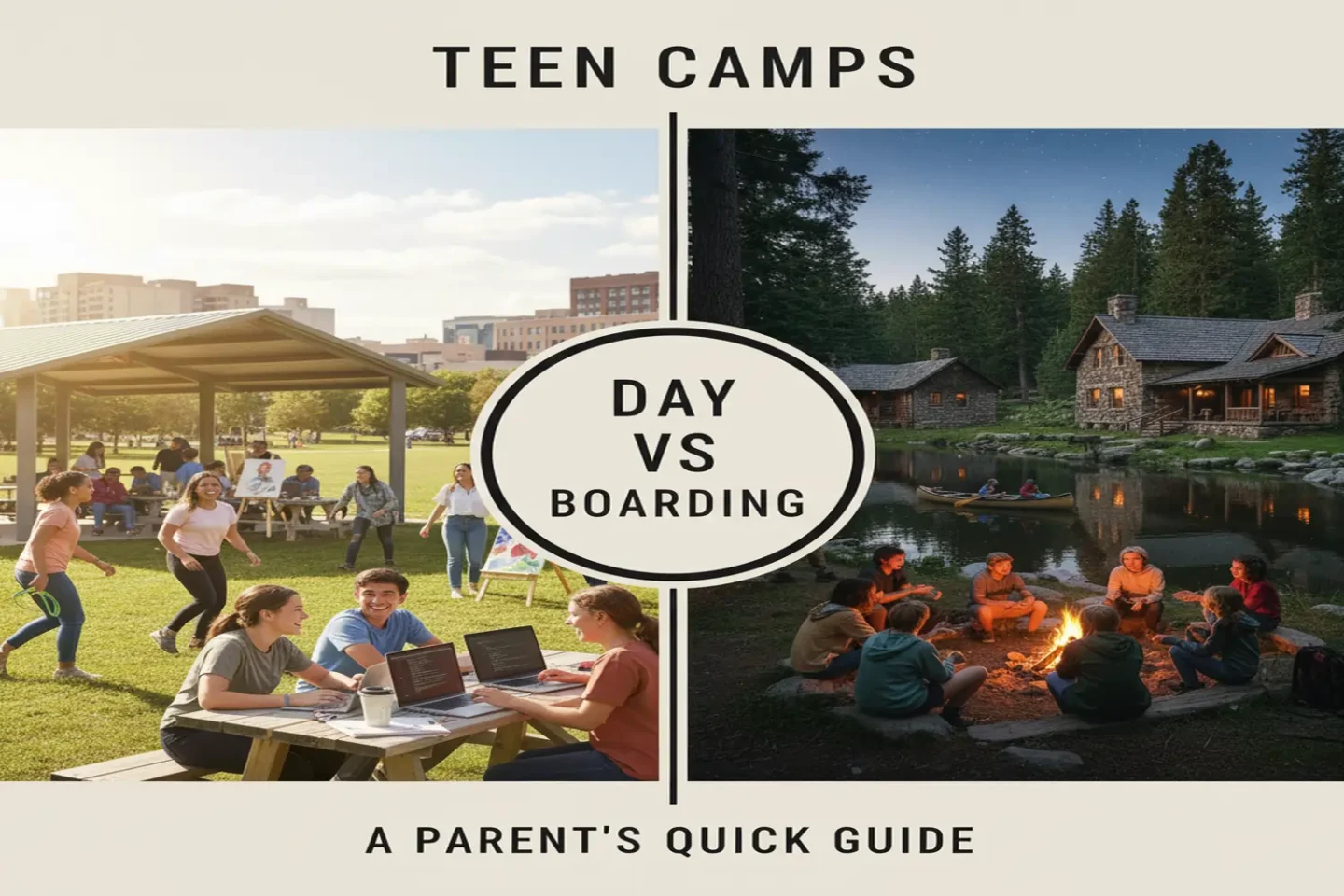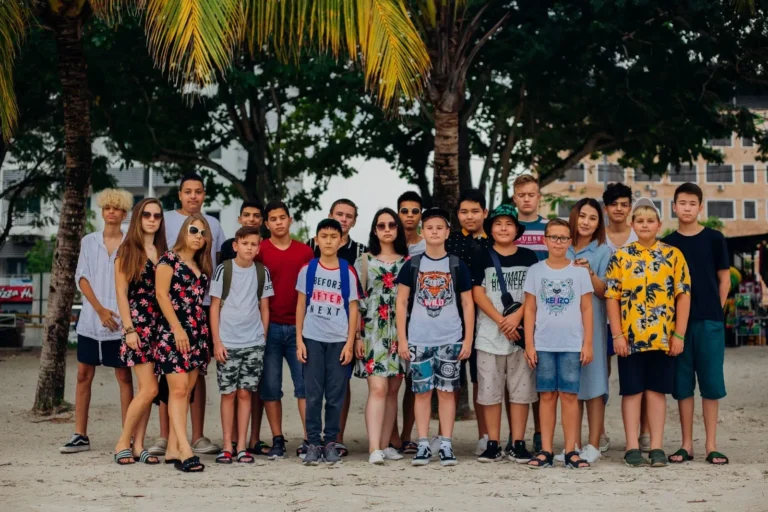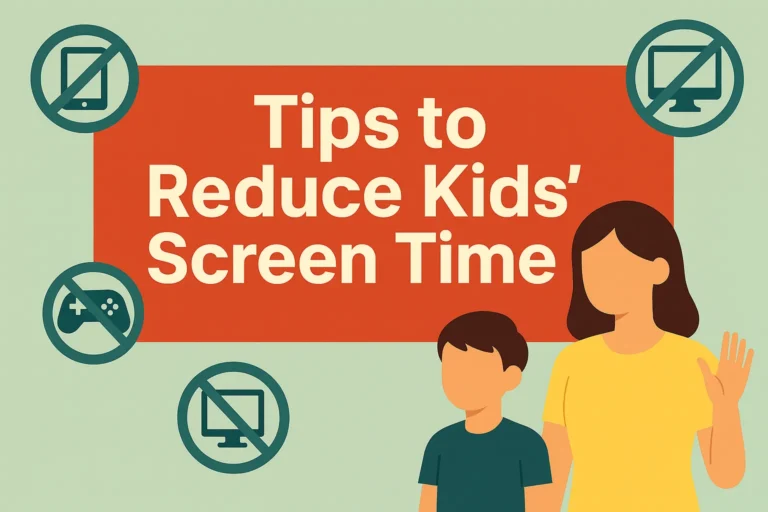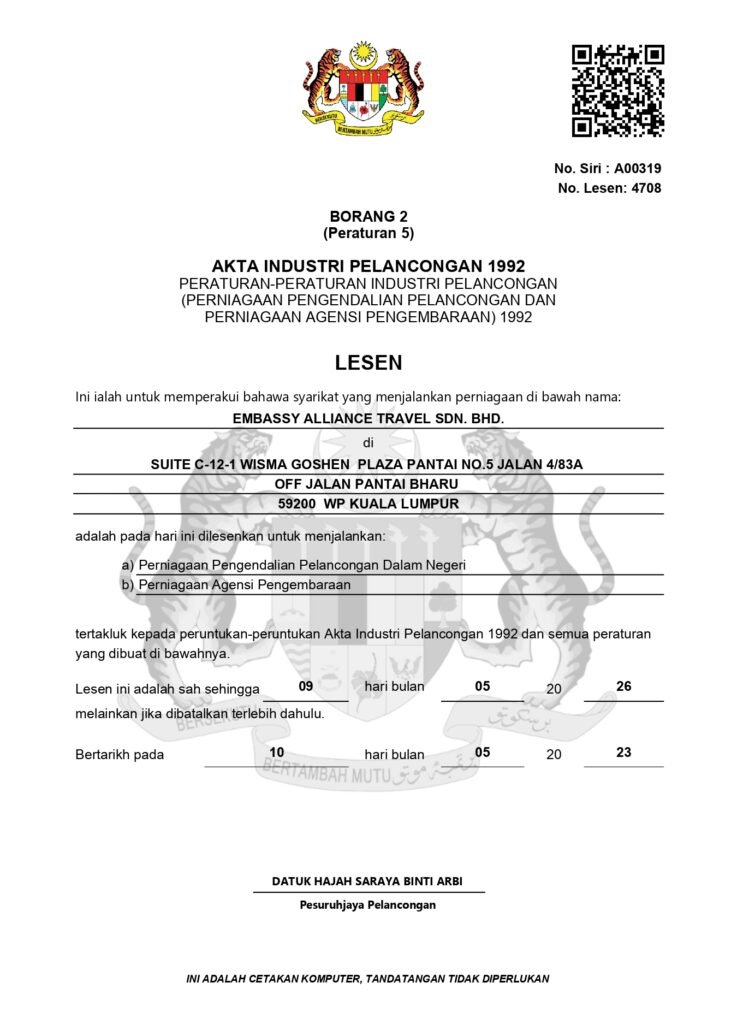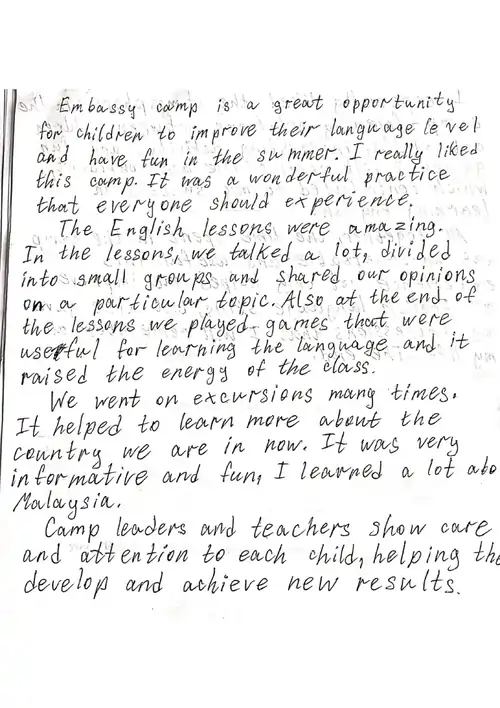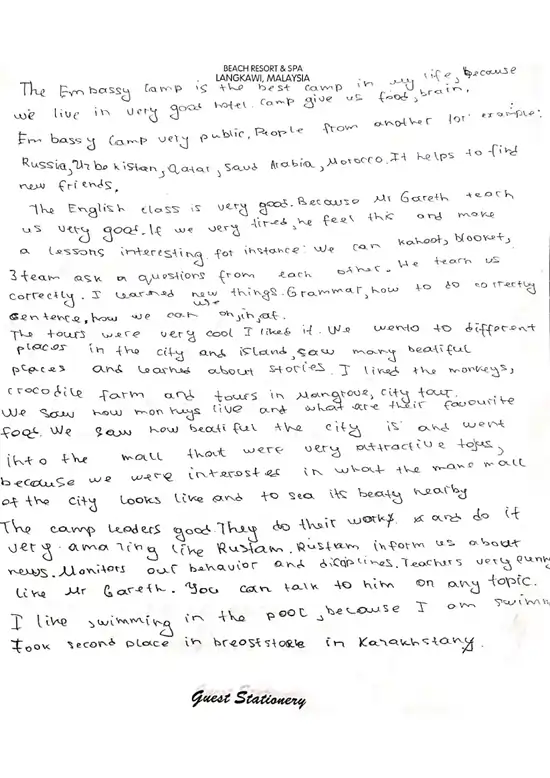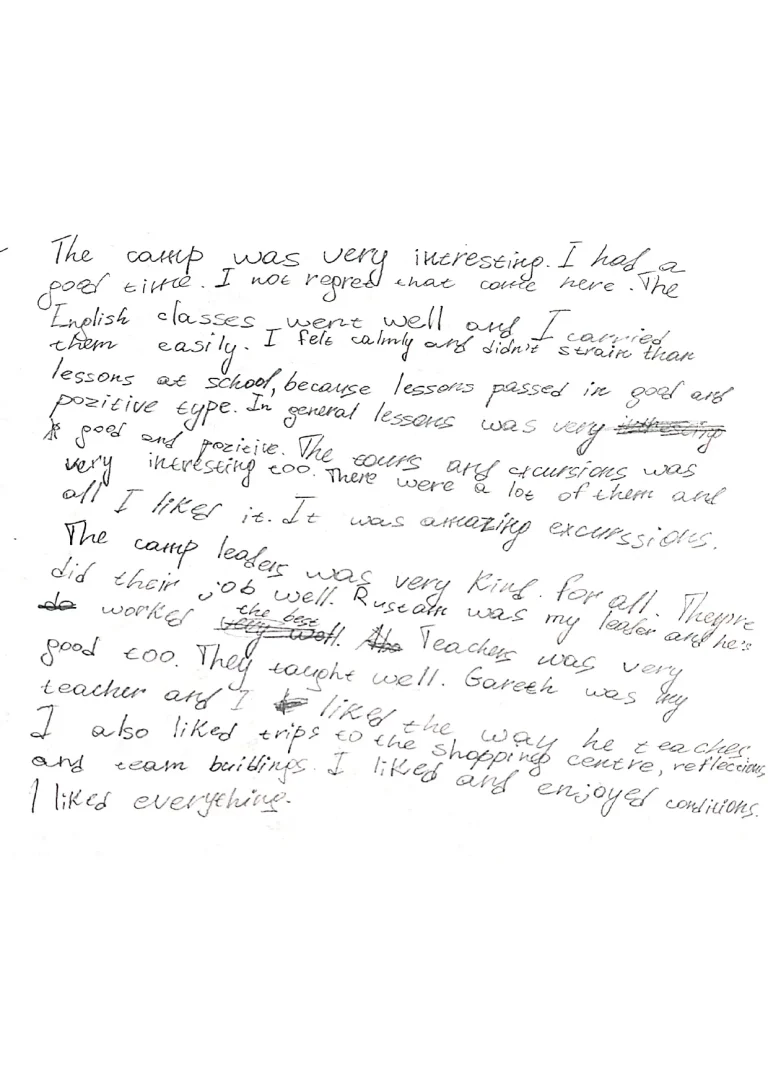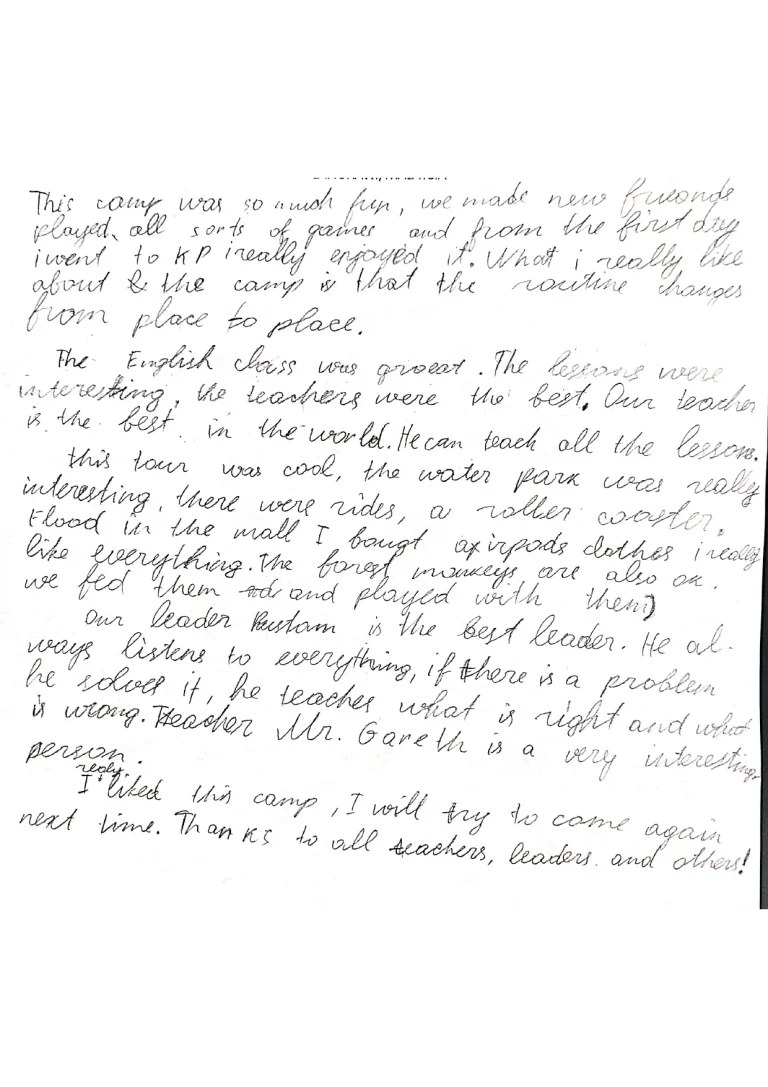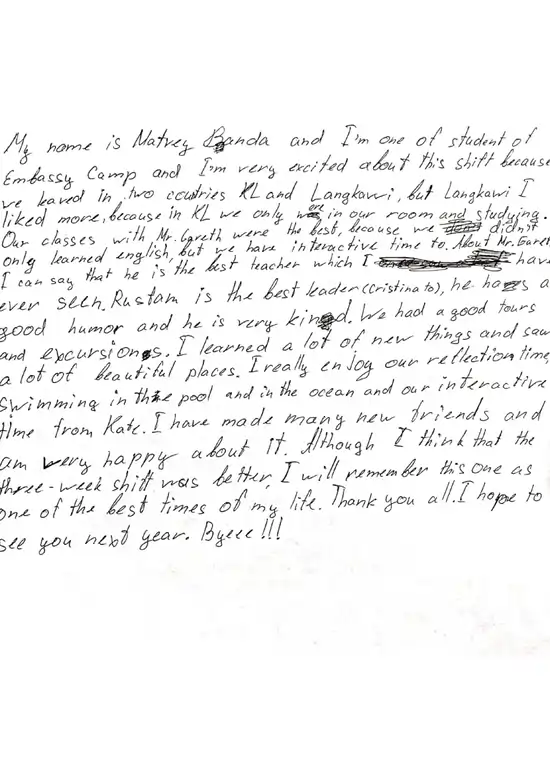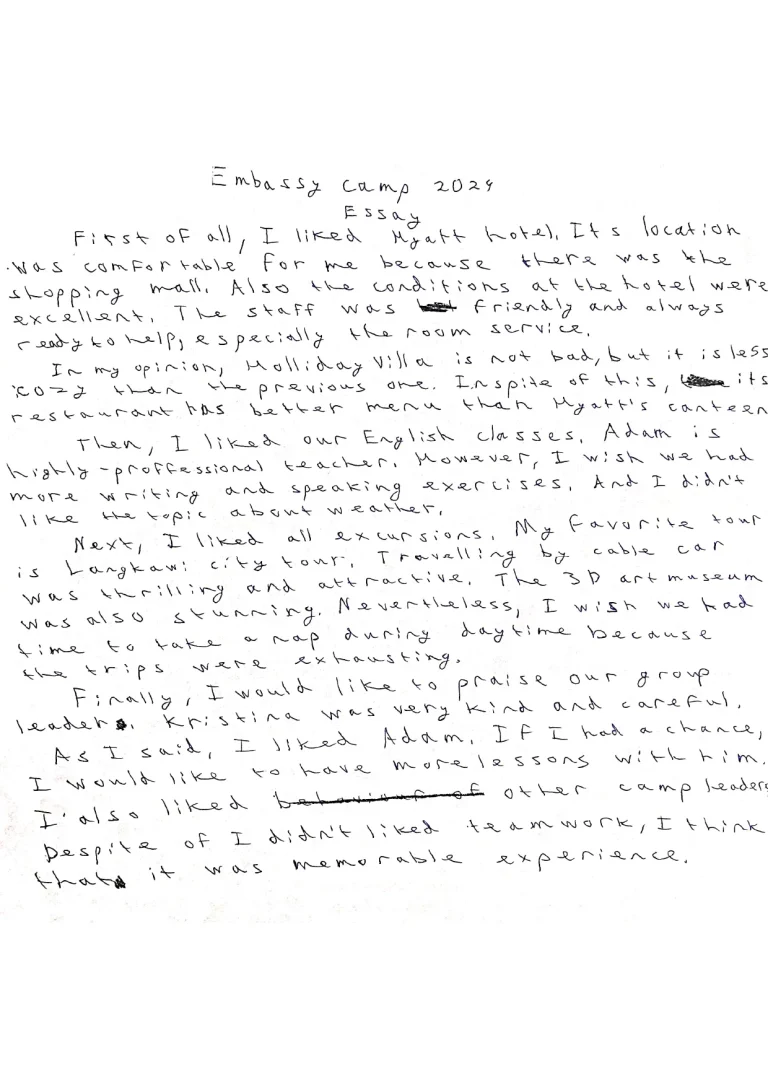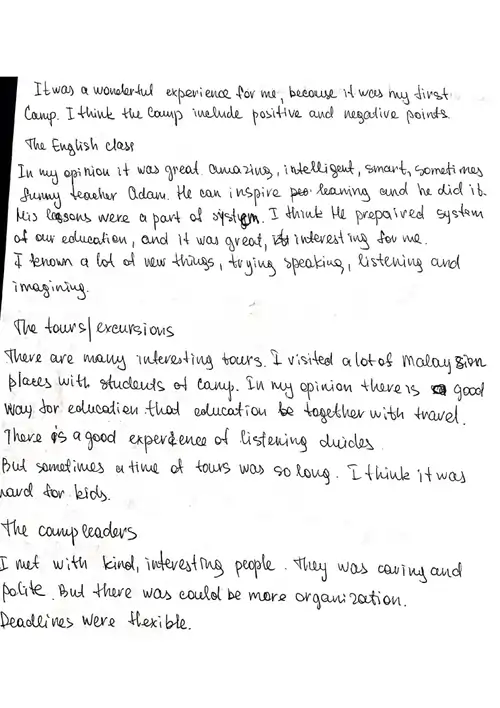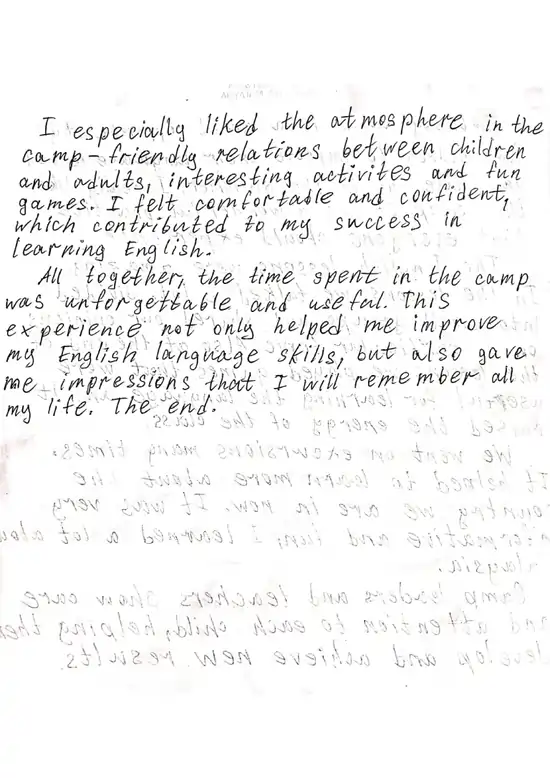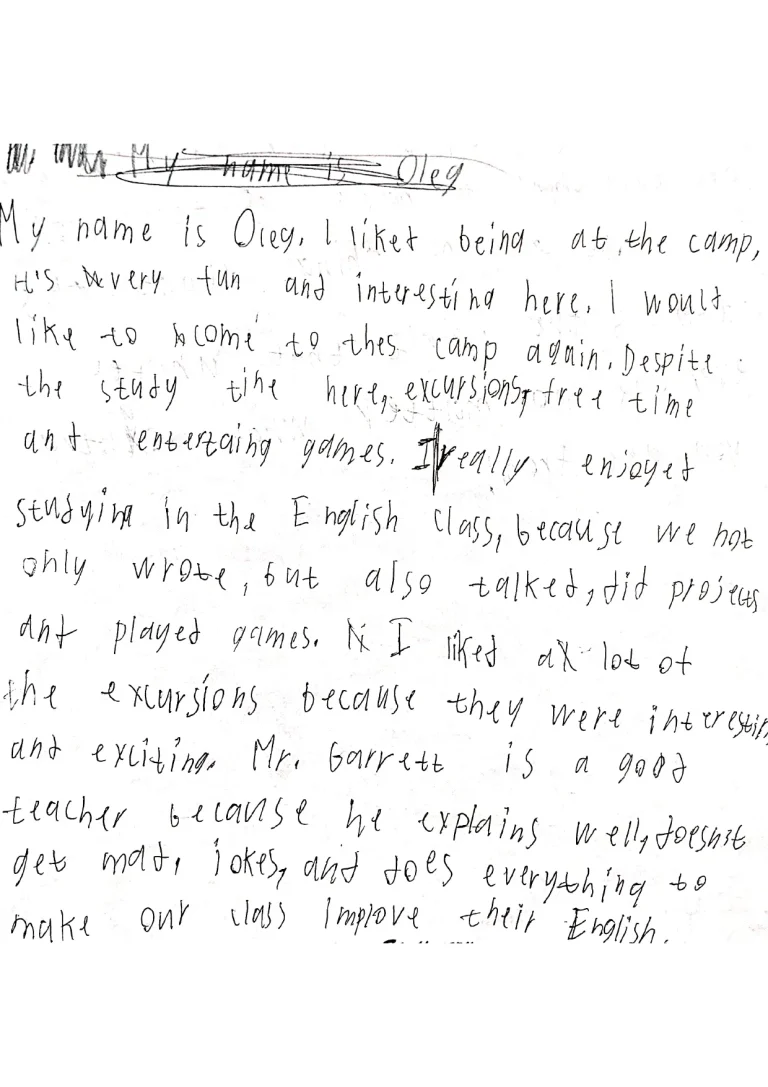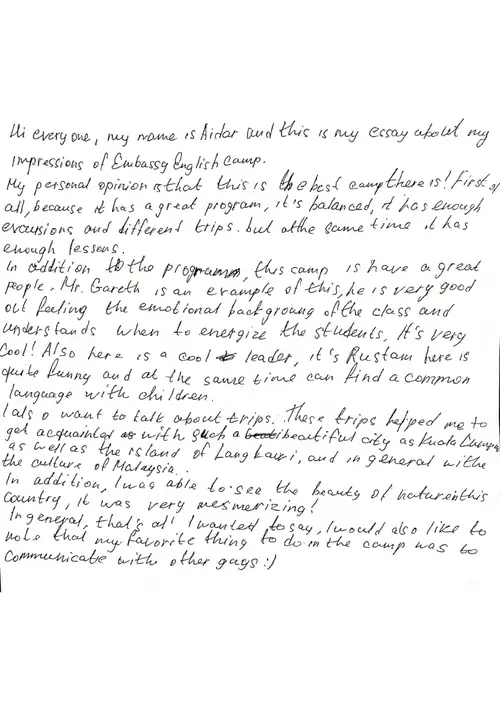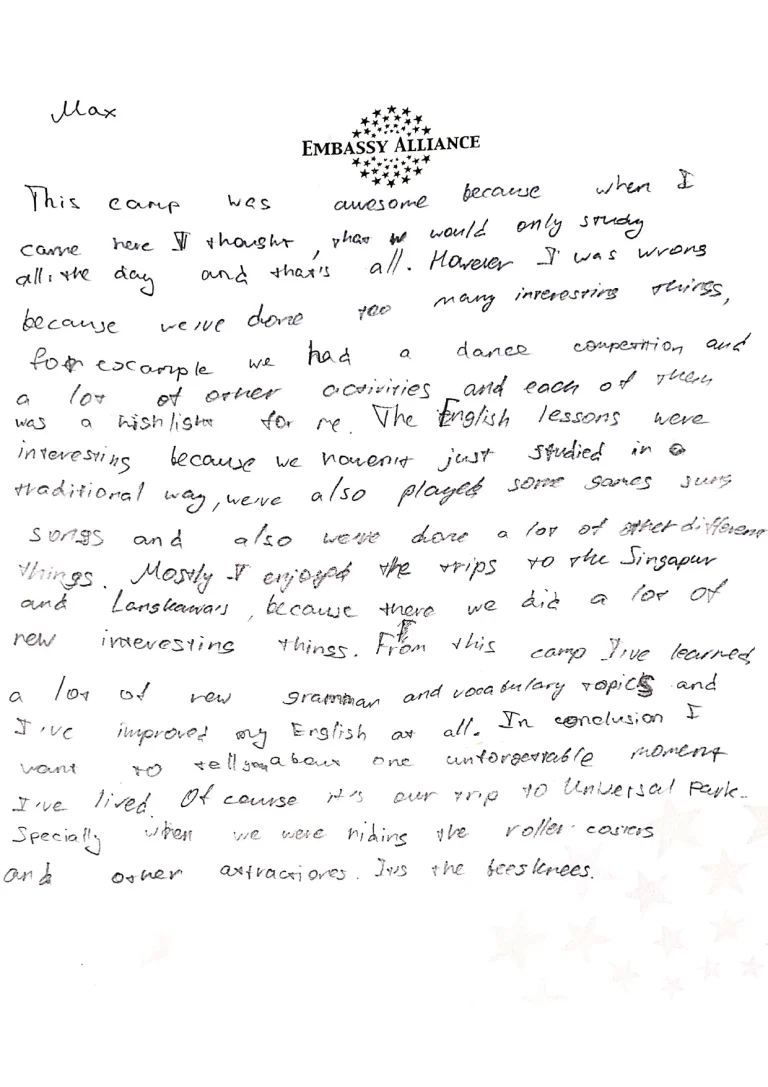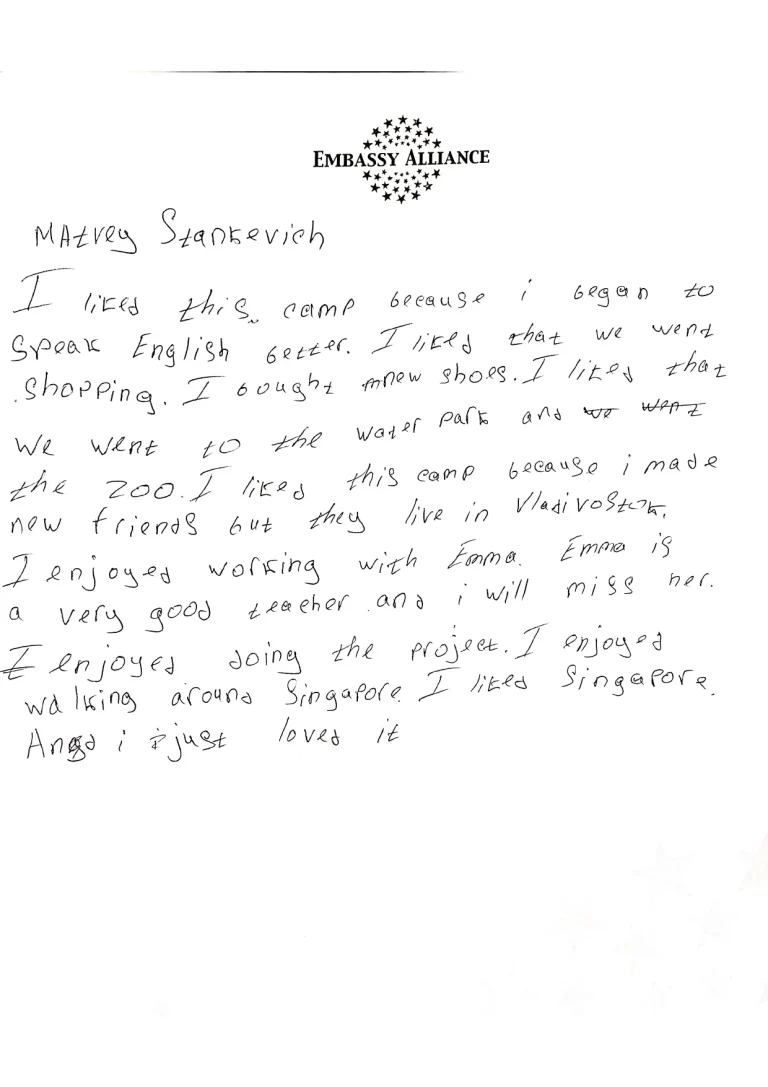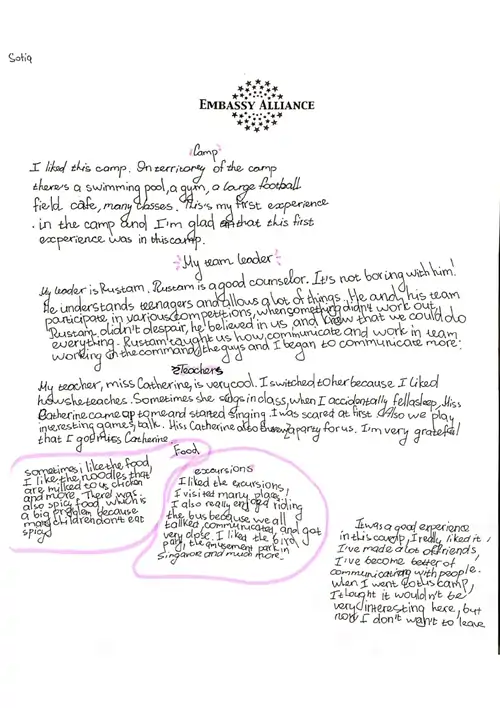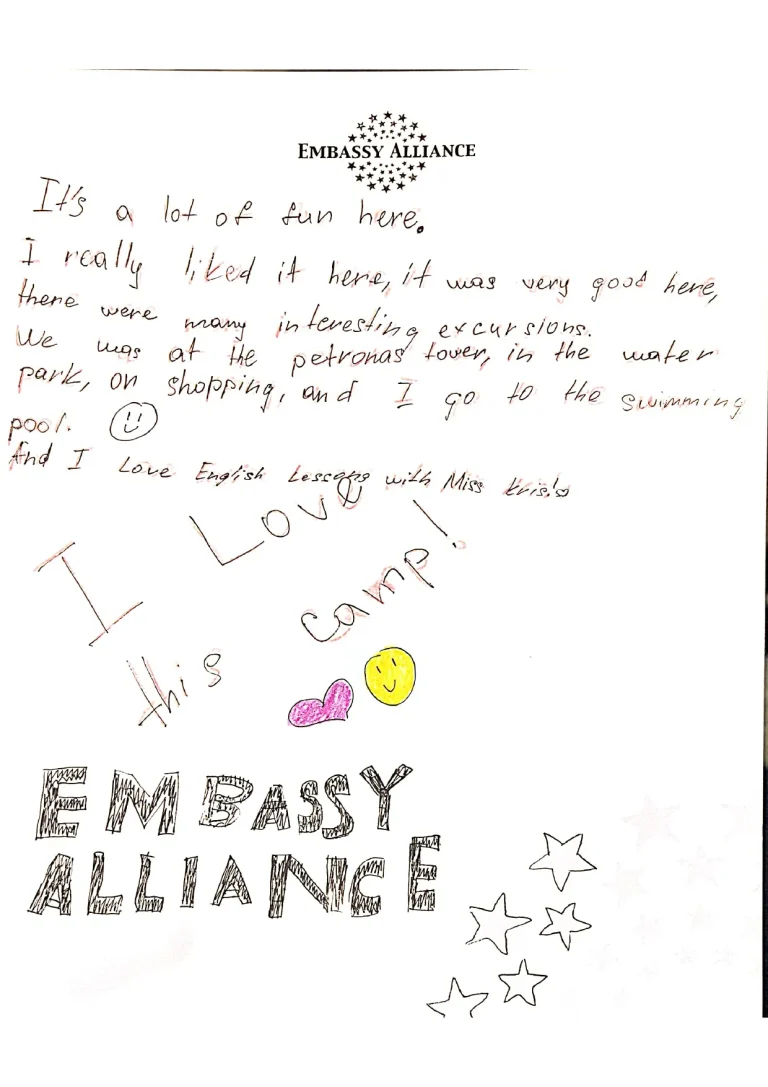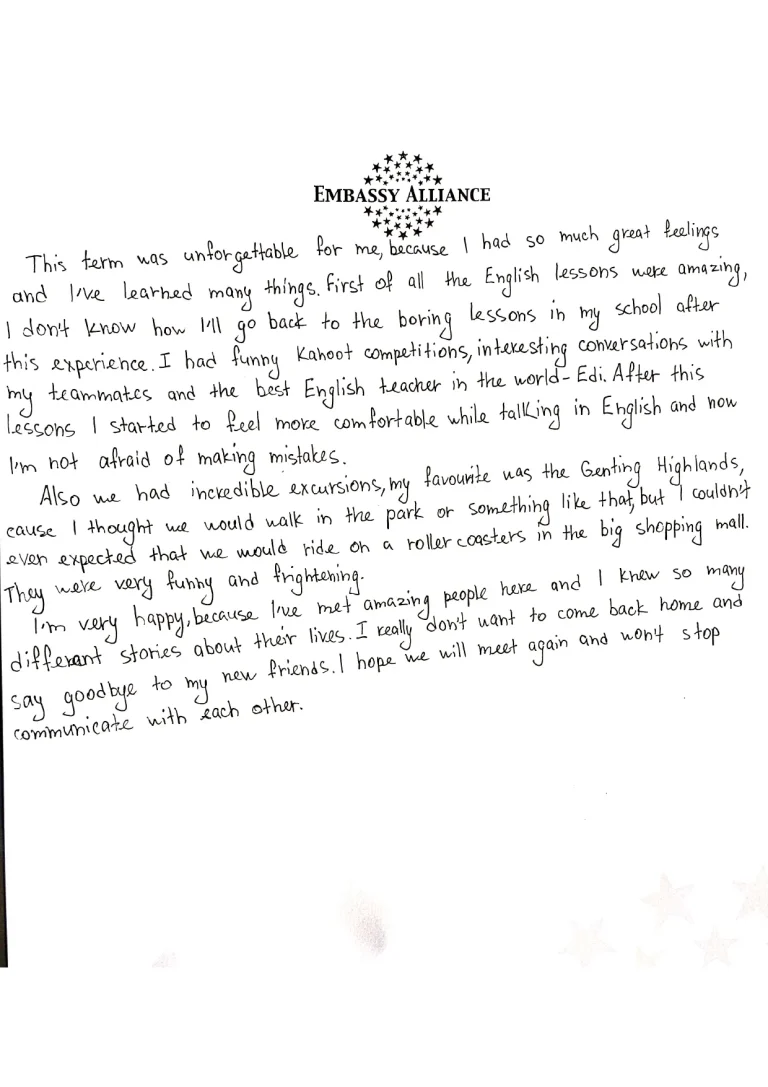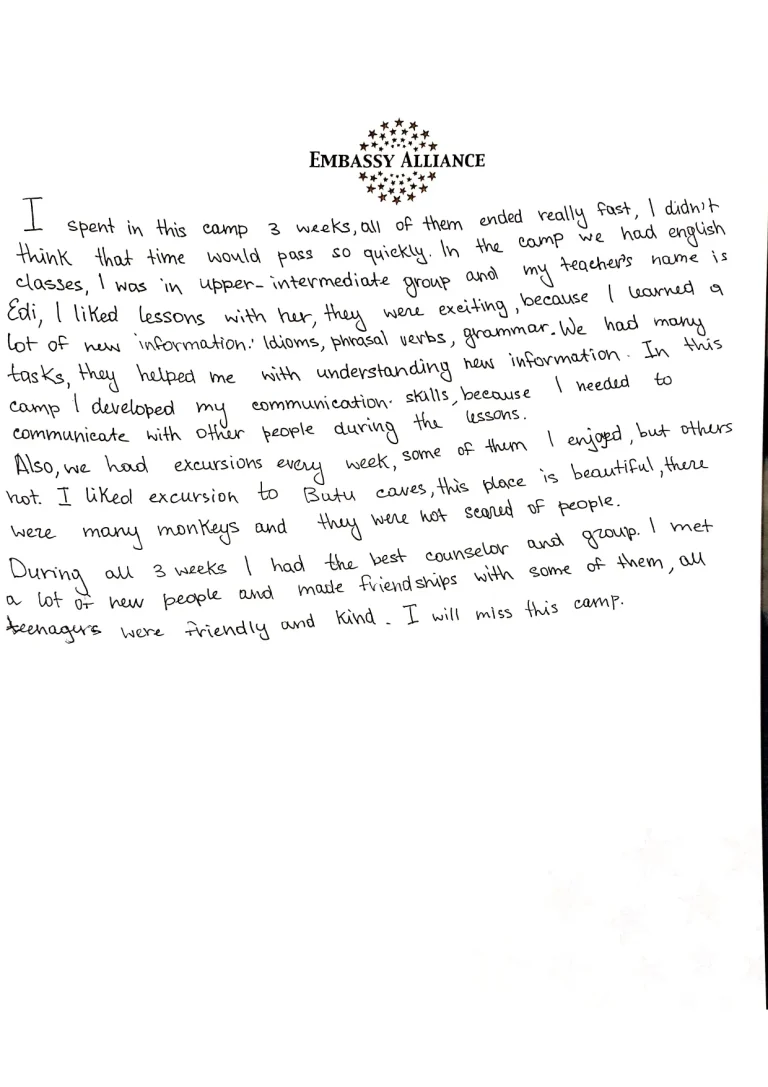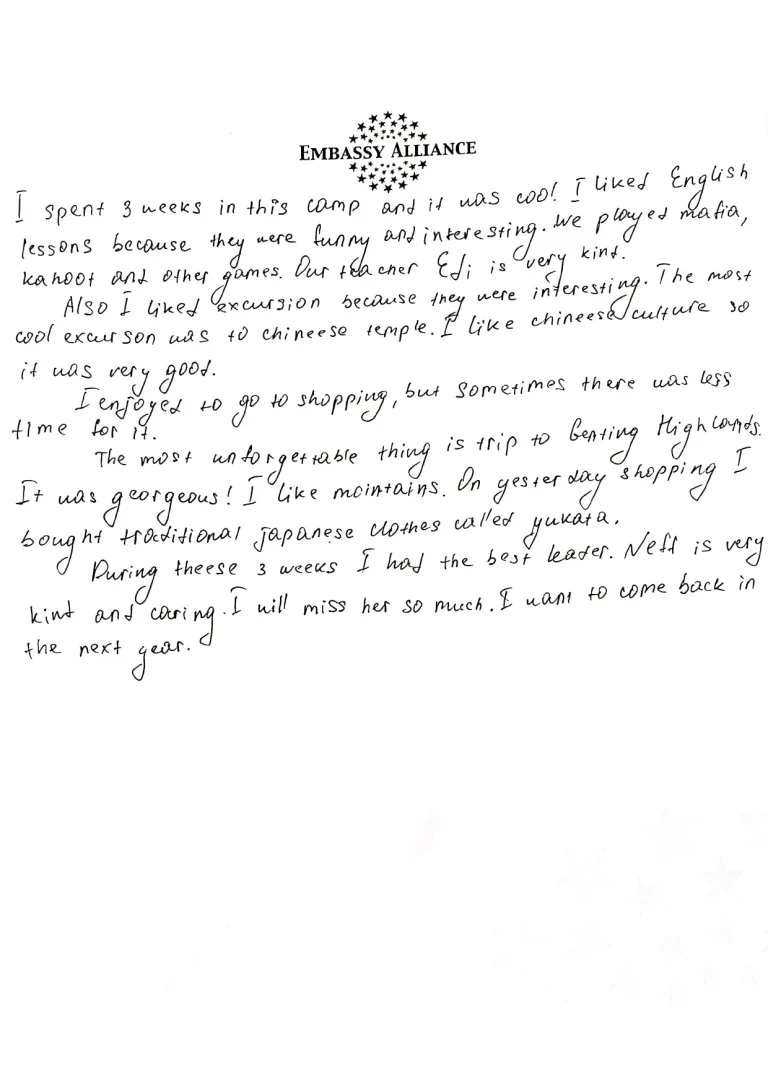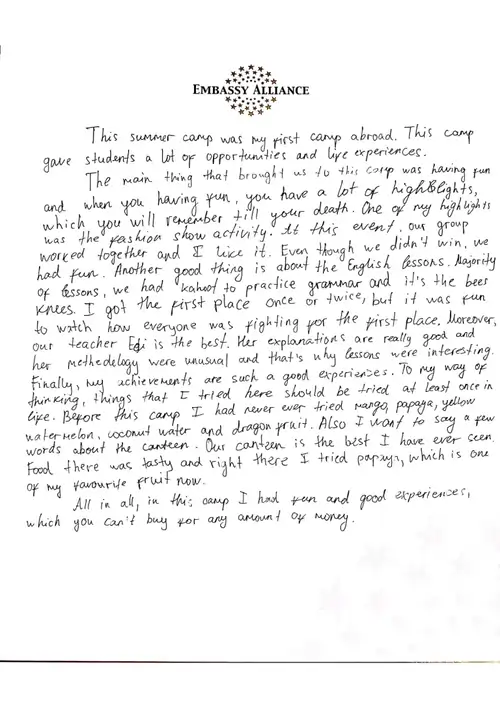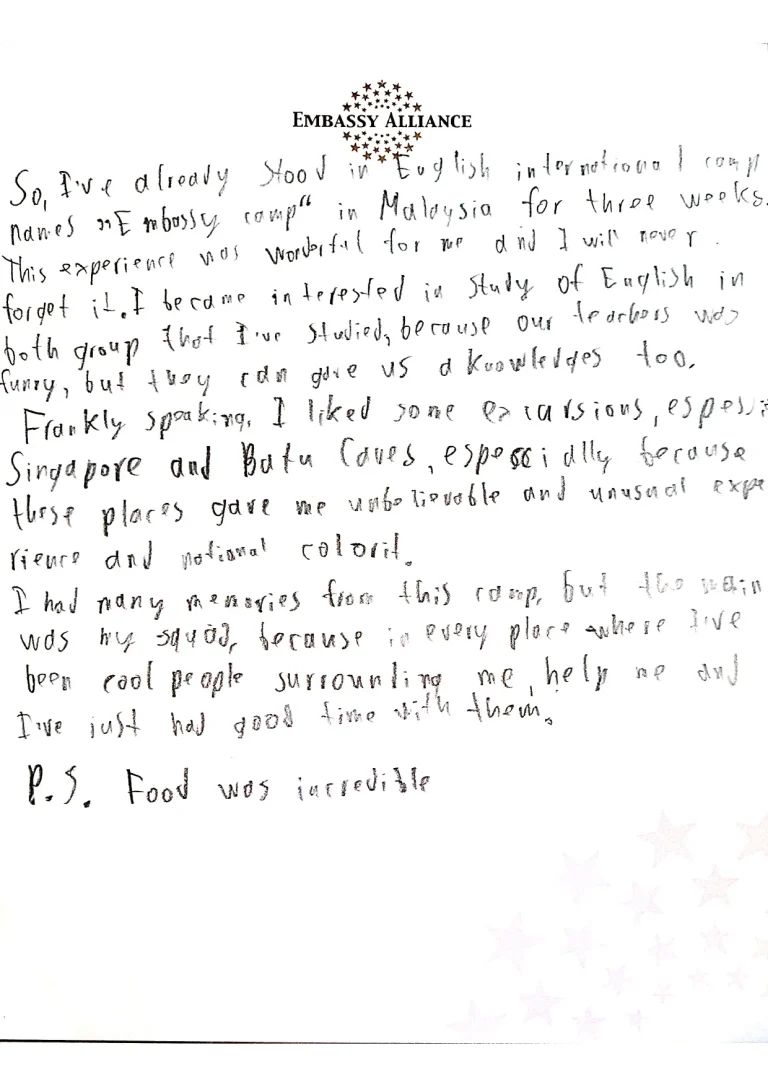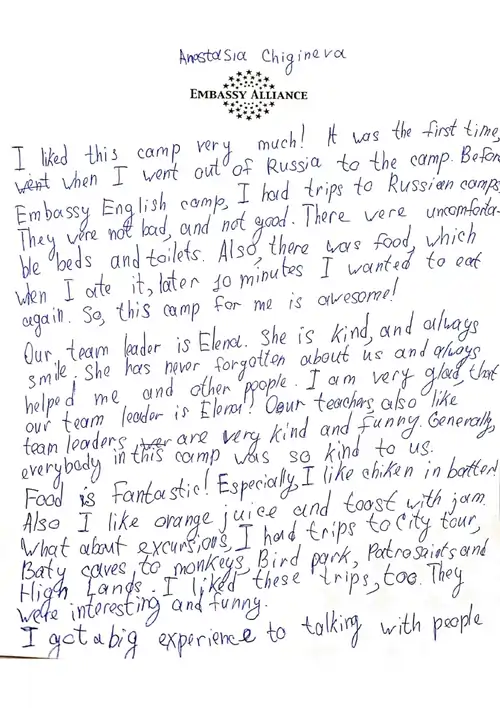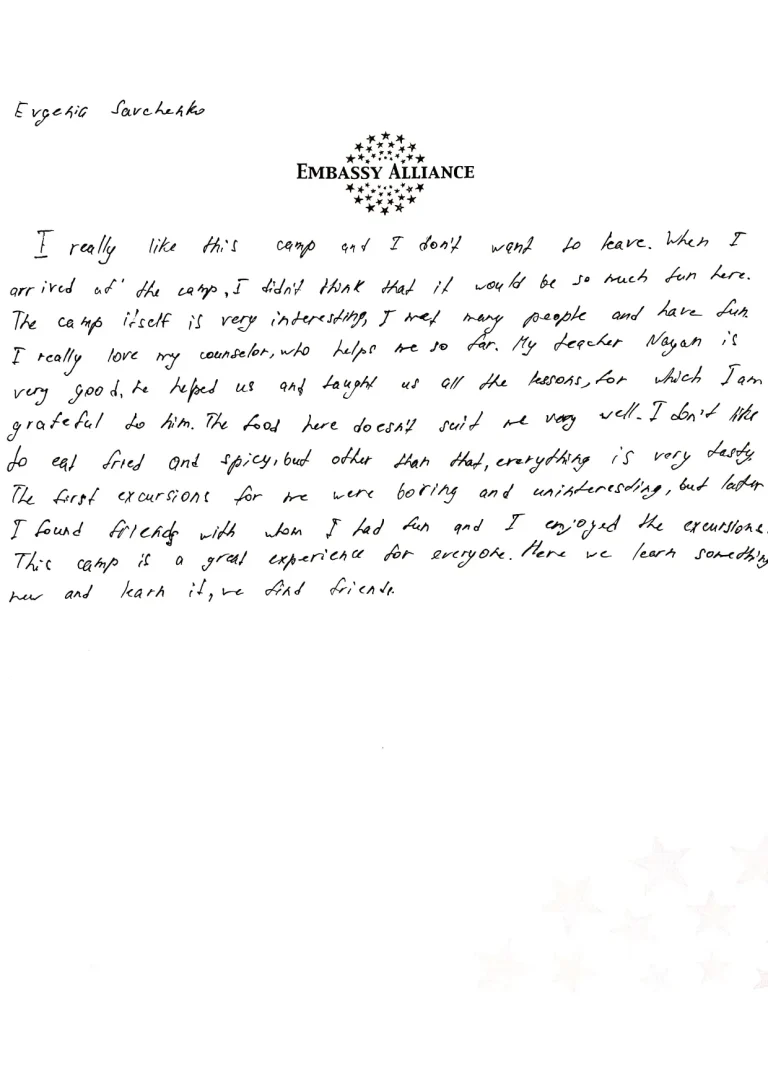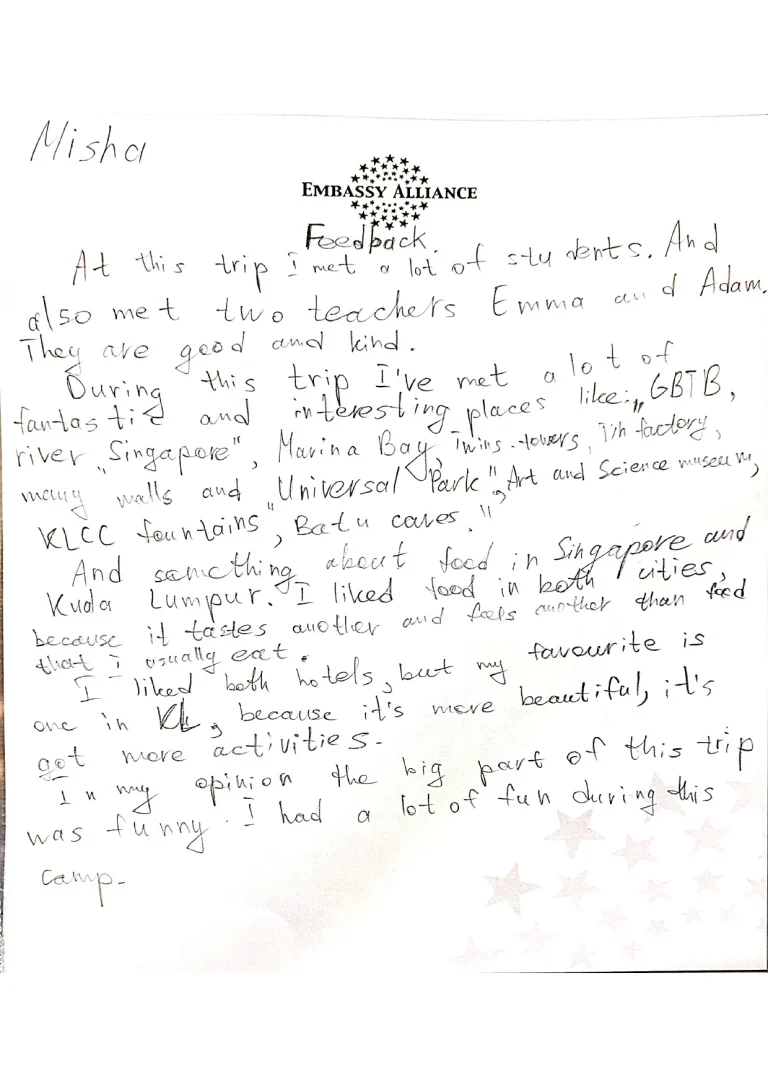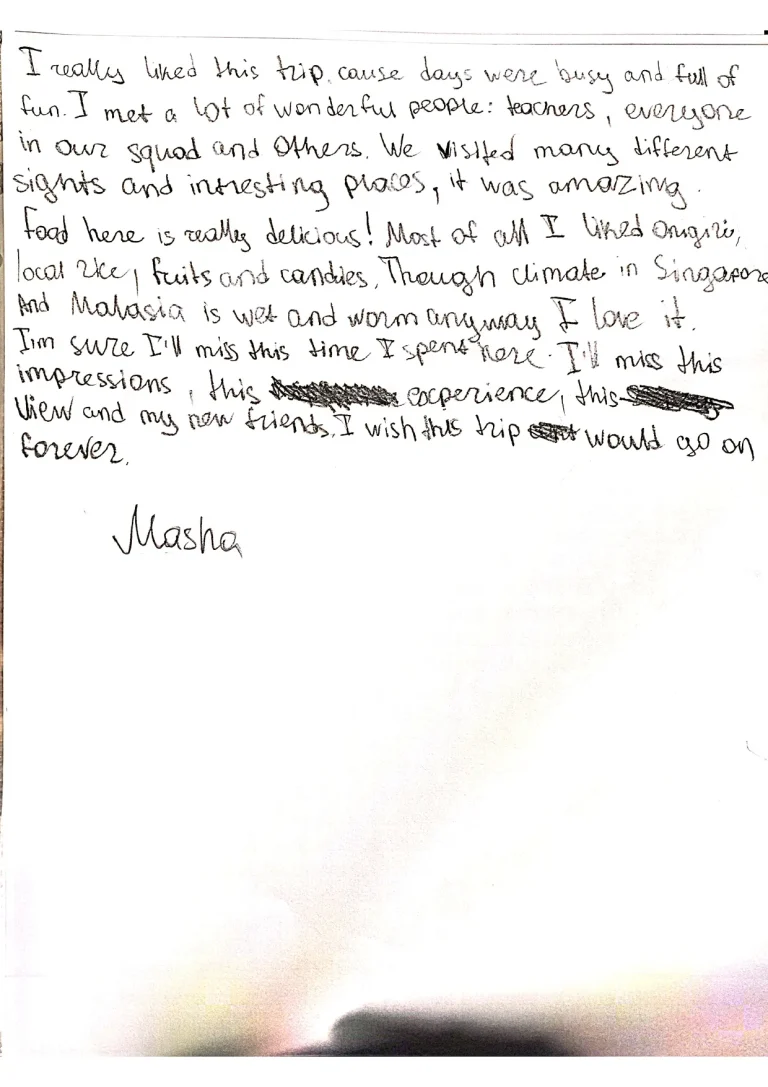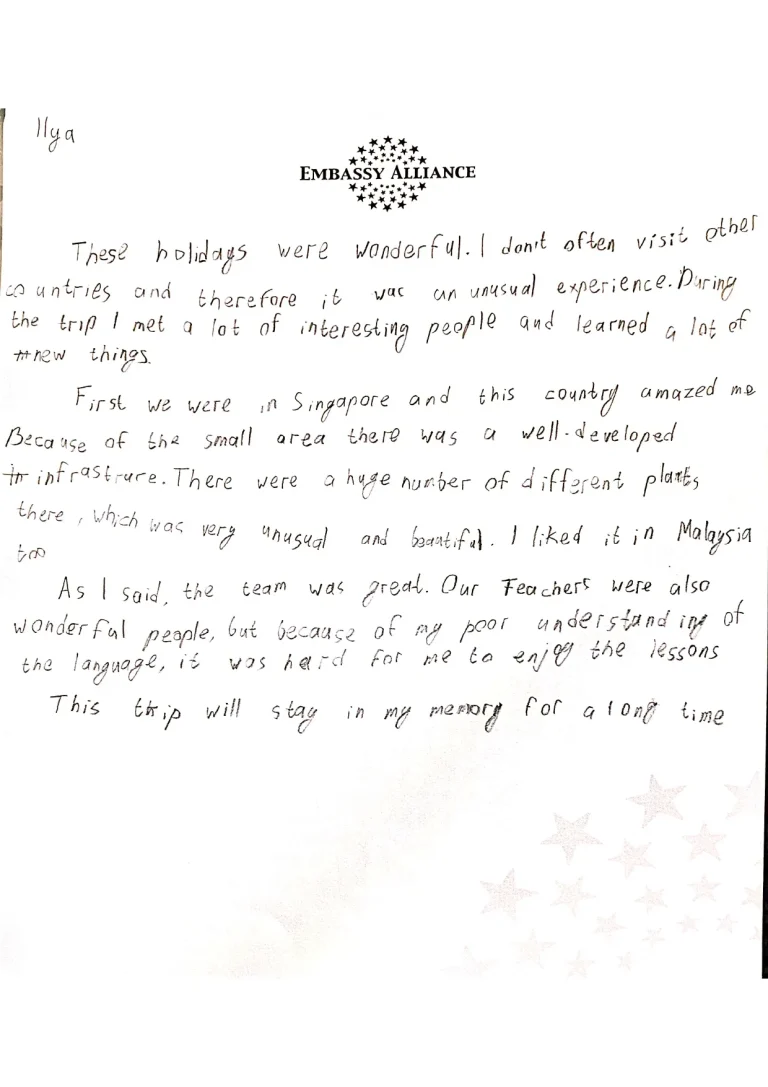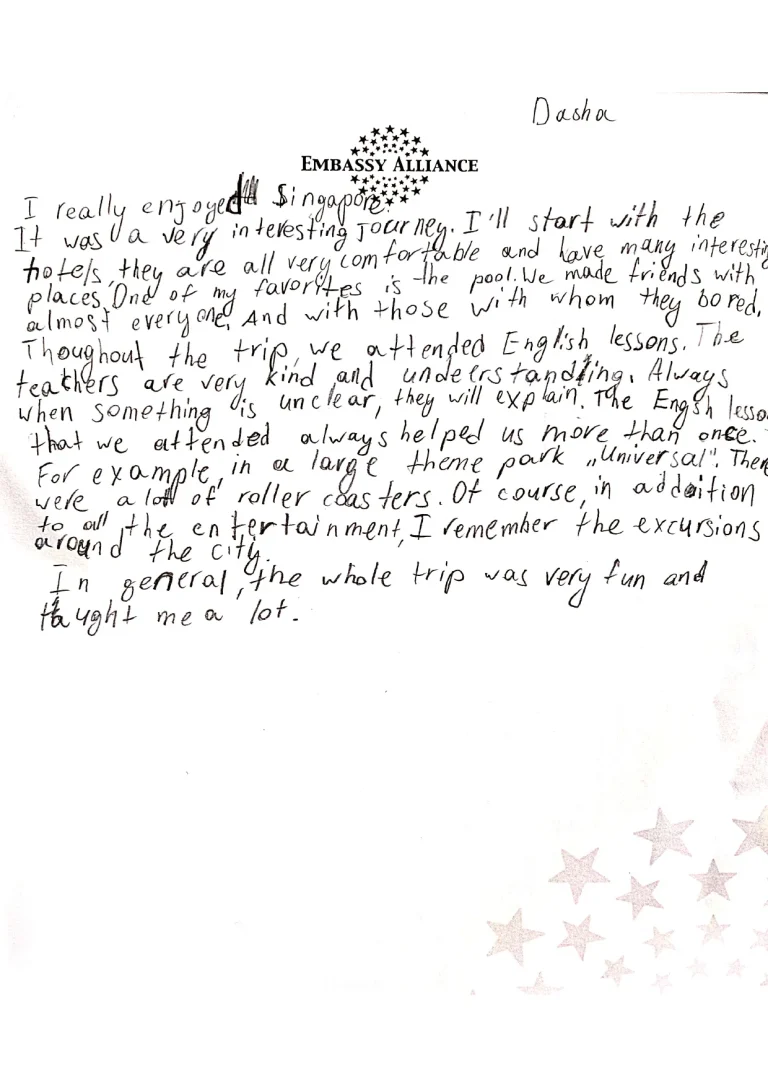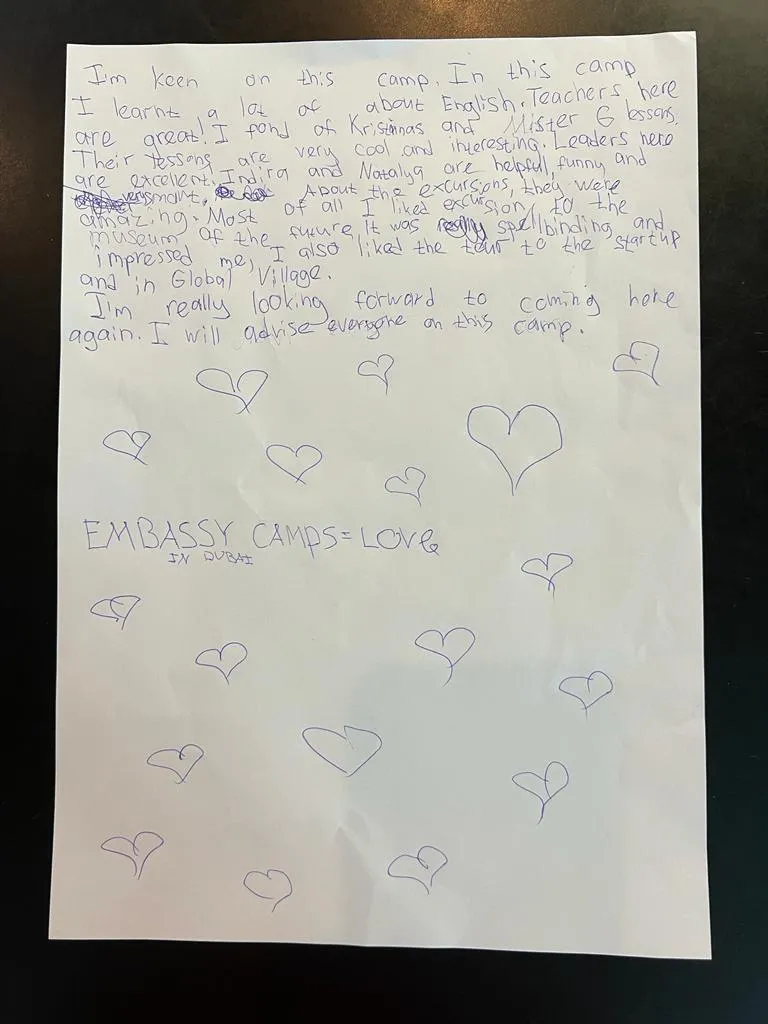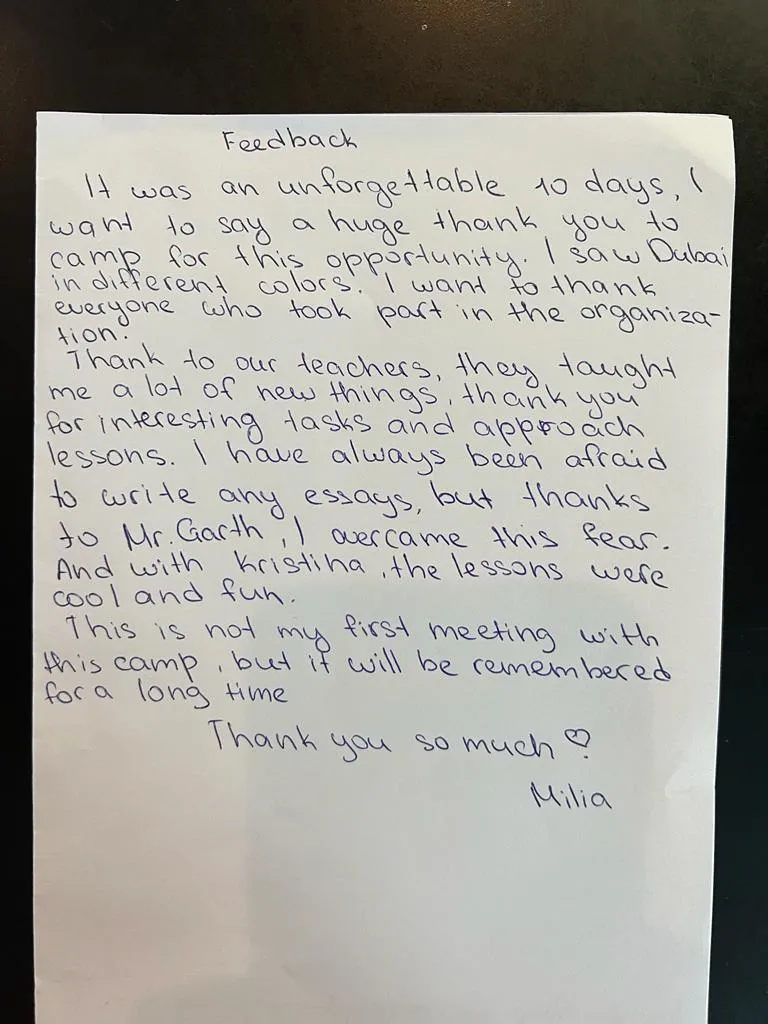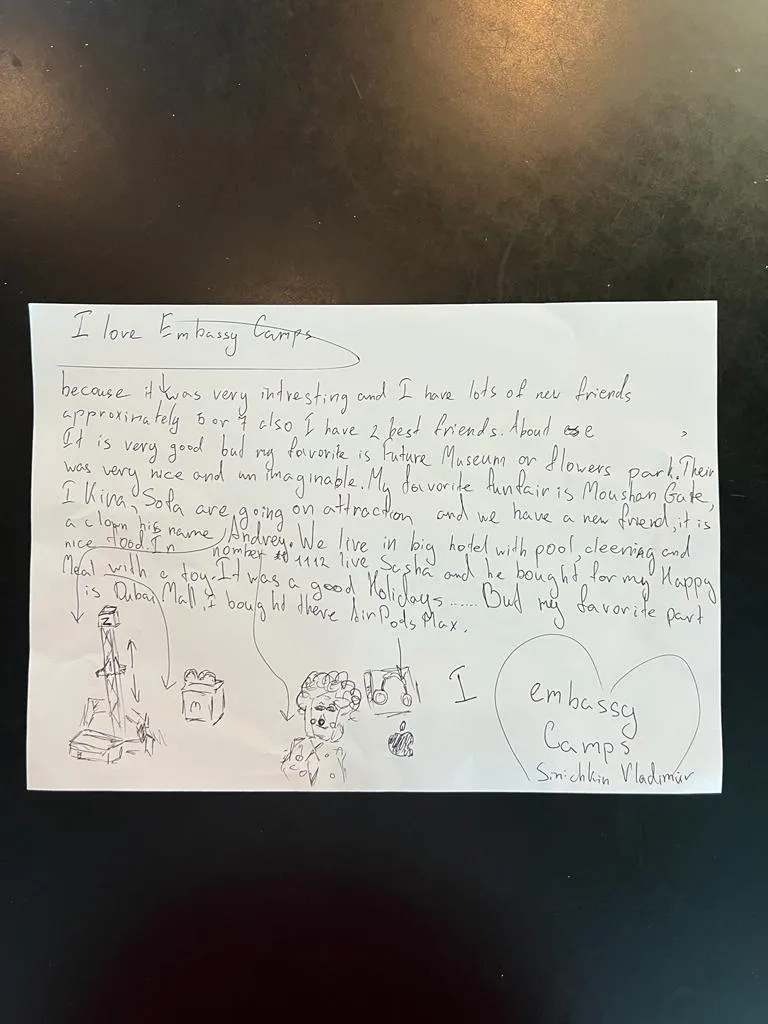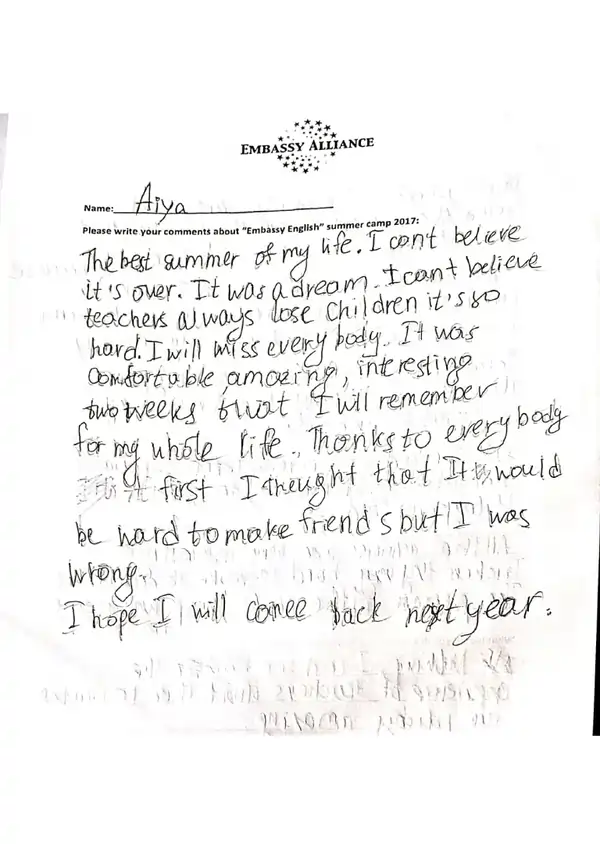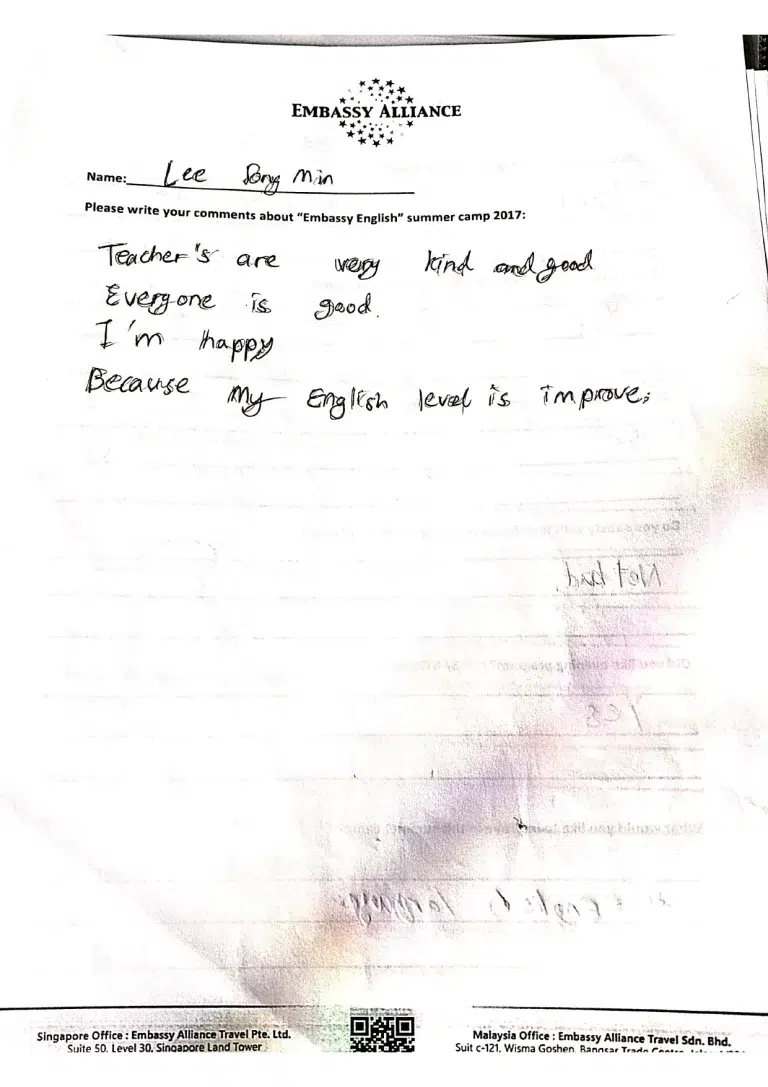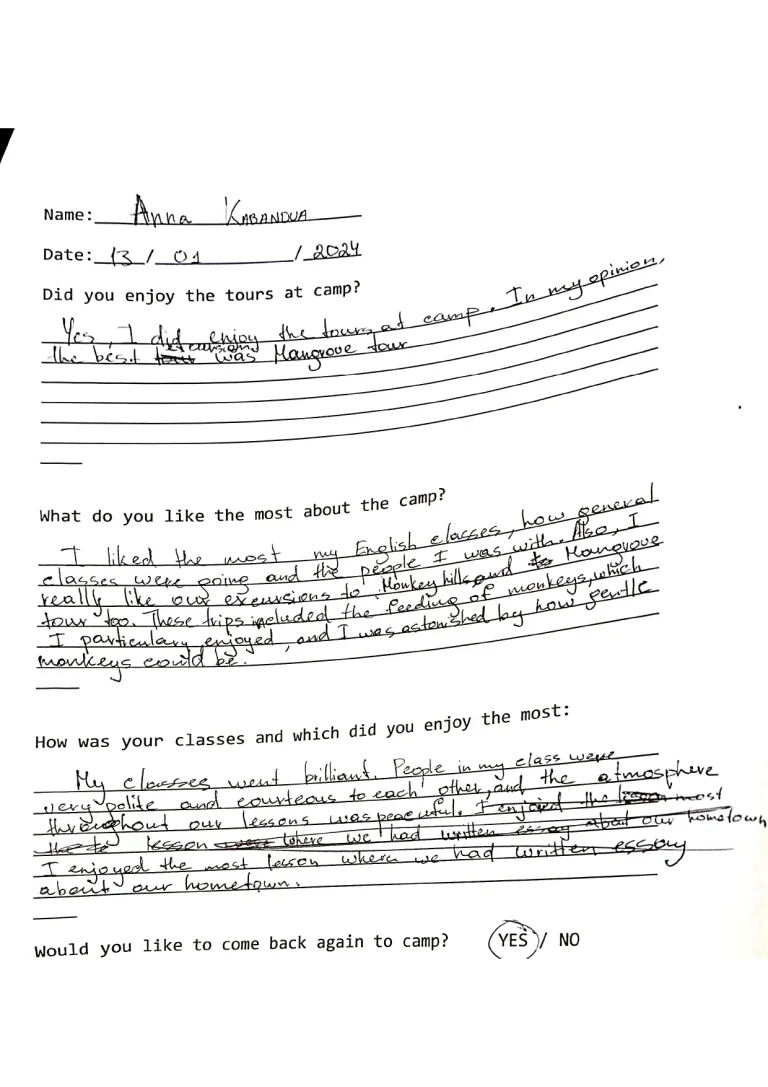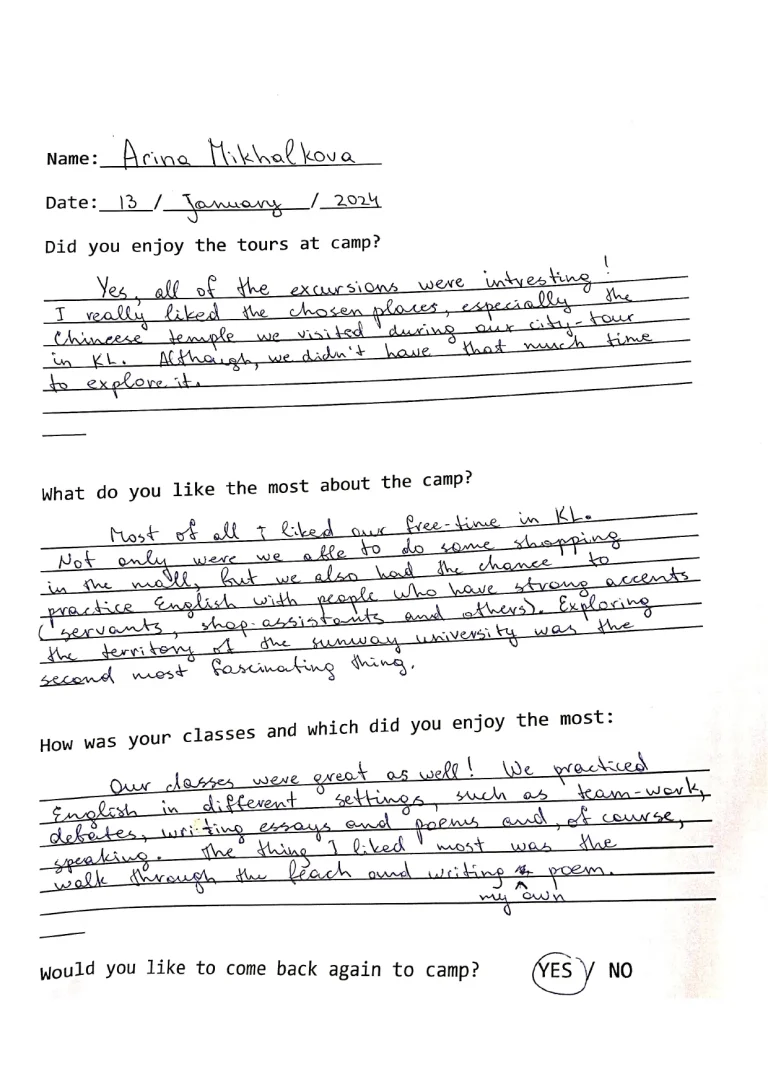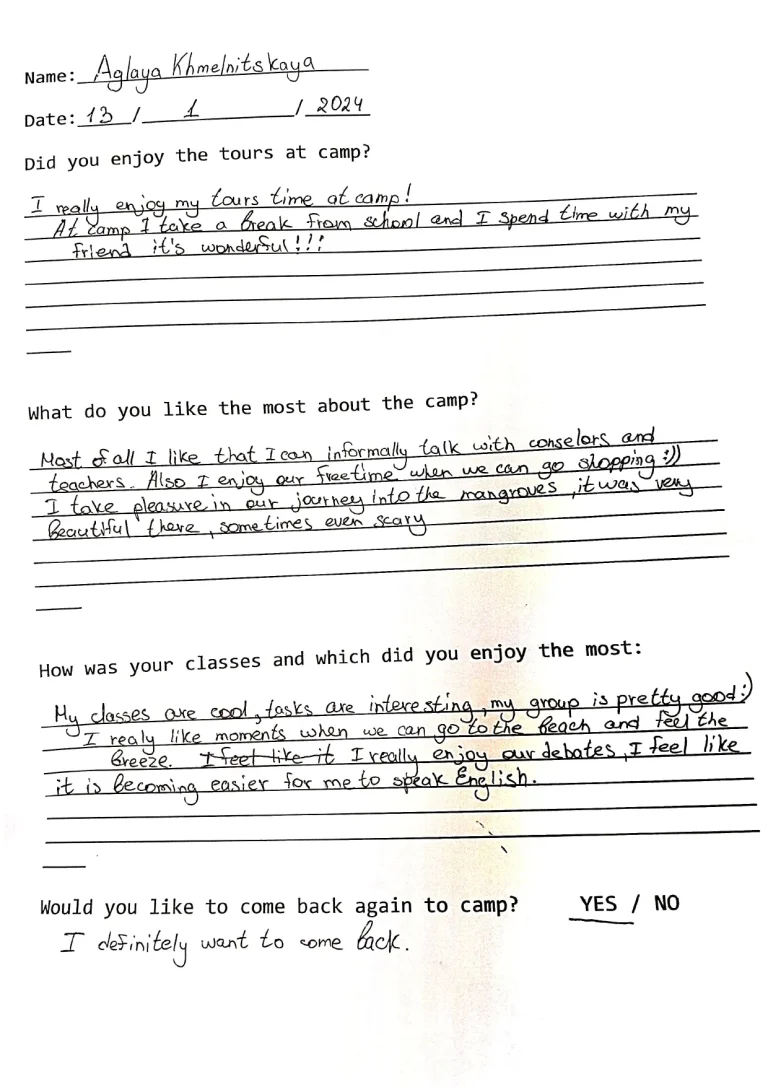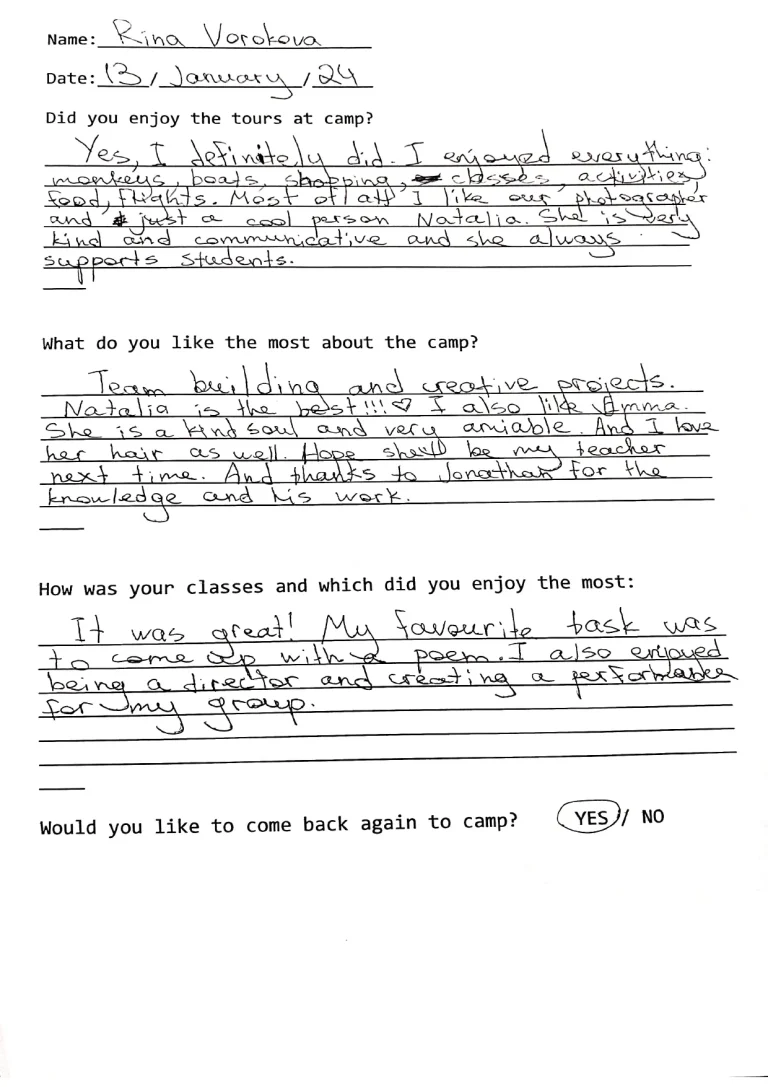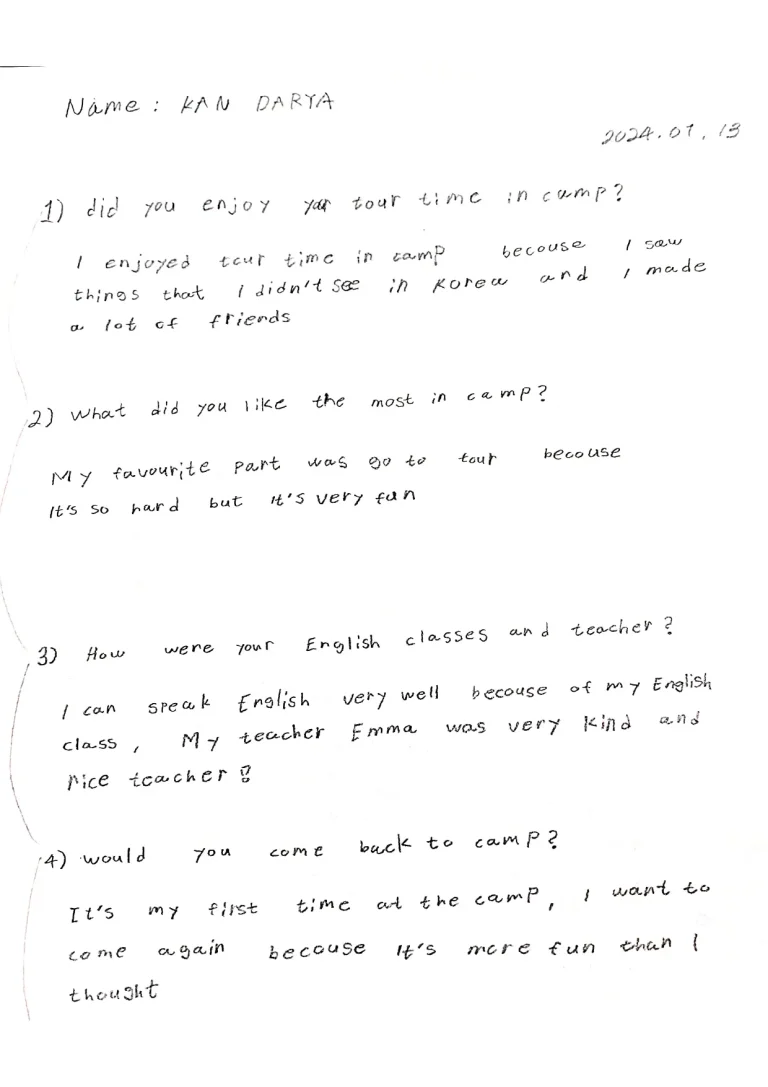Choosing the right summer experience can feel overwhelming. Parents often compare teen day camps and boarding camps for teens while searching for the best fit. This parent’s guide provides a clear overview of how summer camps for teens work, what teens gain from each format, and how to make informed decisions with confidence. In simple terms, day camps vs boarding camps come down to daily routine at home versus an immersive stay. Families who want the comfort of evenings at home usually lean toward day options. Families whose teens are ready for greater independence often explore residential options, including Overnight Camps and sleepaway camps.
Across the rest of this guide, readers will find how each format is structured, who benefits most, how costs and inclusions differ, and what questions smart parents ask before enrolling. With this foundation, any family can align camp style with a teen’s personality, goals, and comfort level, then choose the path that supports growth, friendships, and a memorable summer.
Understanding Teen Day Camps
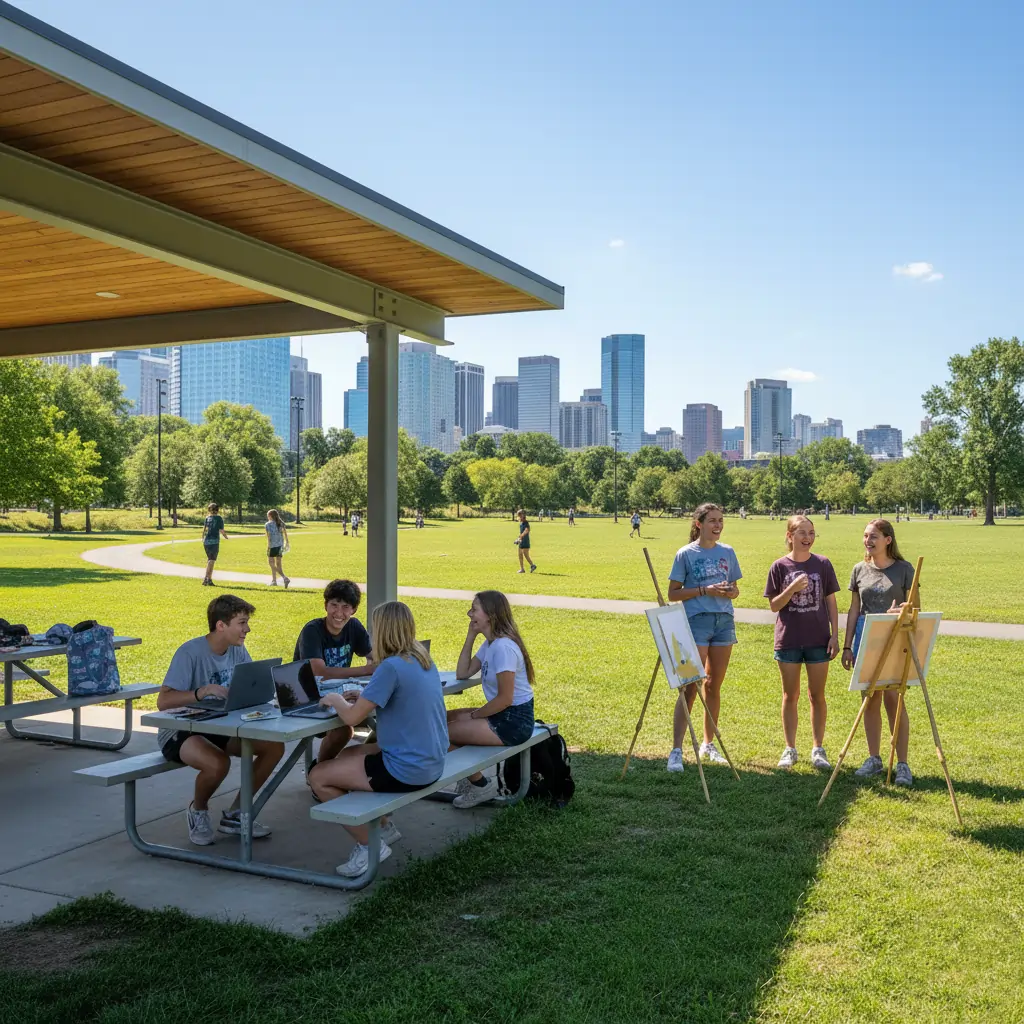
What is a teen day camp?
A teen day camp is a supervised program that runs during daytime hours, and then participants go home in the evening. It blends hands-on activities with structured summer learning, social time, and clear routines. Families often view teen day camps as a gentle first step into the wider world of youth camps, especially when a teen wants growth without an overnight stay.
Daily structure and flow
Most sites follow a simple rhythm: check-in, warm-up or community games, two or three core activity blocks, lunch, and a short showcase or reflection. Clear timings help teens manage energy and attention, while consistent supervised programs keep safety and support front and center. Extended care windows, where available, add convenience for working parents.
Common focus areas
- Sports performance and conditioning
- Arts and media, including filmmaking and design
- STEM projects, coding, and robotics
- Leadership and service initiatives
- Outdoor adventure and problem-solving challenges
These choices let families align interests with goals, so day summer programs feel purposeful rather than busywork.
Who benefits most
This format suits teens who prefer routine, want to sleep at home, or need to balance camp with local commitments such as sports or music. It also helps first-timers build comfort and confidence-building skills without the jump to full residential life. Day formats cultivate time management, camp life skills, healthy communication, and steady teen development toward camp independence.
What parents ask most about Teen Day Camps
Are day camps good for teens?
Yes. They deliver skill practice, friendships, and guided independence while keeping evenings for family routines.
How does supervision work?
Instructor ratios support safety, coaching, and positive group dynamics across the day.
Will my teen make friends if there is no overnight?
Yes. Group projects, team games, and lunch periods are designed for connection.
Can a teen try different themes?
Many providers offer weekly themes or tracks, so a teen can sample interests across the summer.
Benefits of Teen Day Camps
Flexibility for families: Schedules fit around work, travel, and sibling logistics. Parents can stay involved with daily check-ins, which reinforce learning at home.
Balanced learning and home comfort: Teens practice collaboration and communication by day, then reset at home. This balance supports shy or first-time campers who want gradual growth.
Low-risk way to explore new interests: Day formats let teens try coding, filmmaking, or climbing without the commitment of residential life. Families can assess fit before stepping up to longer sessions.
A steady path toward independence: Daily routines foster responsibility and social comfort, the foundations of camp independence. Many families later consider residential options once readiness grows.
Understanding Boarding Camps for Teens
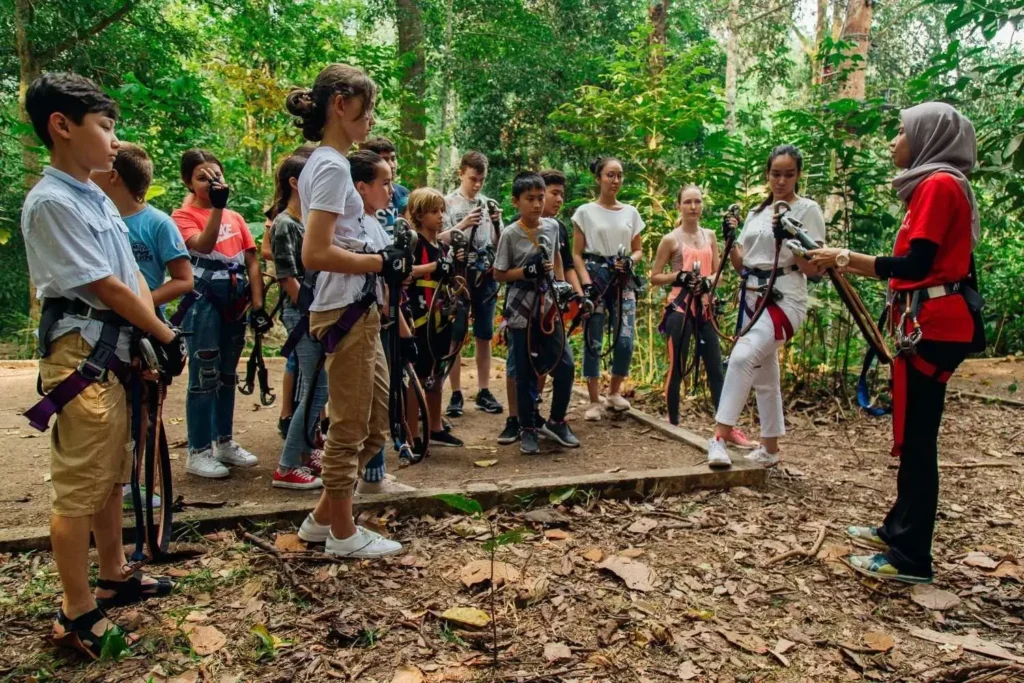
What is a boarding camp?
How the residential model works
Typical activities and outcomes
Who benefits most
What parents ask most about boarding camps
Are boarding camps safe?
Yes. Accredited providers set training standards, supervision ratios, and medical protocols. Many also conduct drills and maintain on-call support.
Will my teen feel homesick?
Some do at first. Warm onboarding, buddy systems, and counselor check-ins help most teens settle within a few days.
How is communication handled?
Expect scheduled updates, photo galleries, and defined call or message windows.
What about the pros and cons of boarding camps?
Pros include independence, deeper learning, and friendships that last. Cons can include homesickness, higher cost, and limited family time during the session.
Can beginners join, or is it only for advanced teens? Beginners are welcome. Tracks and coaching levels are usually tiered to meet varied abilities.
Benefits of Boarding Camps
Independence that sticks: Living on site helps teens practice self-management, time planning, and decision-making. This daily rhythm builds confidence building and real-world camp life skills that carry into school and future goals.
Immersive learning and character growth: With more hours for guided practice, teens progress faster. Mentors weave feedback into activities, which supports character development and measurable teen development across communication, teamwork, and resilience.
Deep friendships and a global perspective: Shared cabins, team projects, and evening events create strong bonds. In many boarding camps for teens, cohorts include students from different regions, which adds cultural learning and broadens outlooks.
Structured challenge with strong support: Residential routines combine challenge and care. Clear expectations, safety protocols, and coaching give teens room to try, reflect, and improve. Families who want an intensive experience within summer camps for teens often prefer Overnight Camp or Sleepaway Camp formats for exactly this reason.
Key Differences Between Teen Day Camps and Boarding Camps
Parents often search for a clear, side-by-side view to understand day camps vs boarding camps within the wider world of summer camps for teens. The table below compares daily structure, living setup, learning depth, social outcomes, and readiness. It keeps the decision practical and focused on what a teen needs right now.
Comparison at a glance
| Factor | Teen Day Camps | Boarding Camps for Teens |
|---|---|---|
| Daily schedule | Daytime blocks with lunch, then home in the evening | Full day and evening schedule, nights on site |
| Living arrangements | No overnight stay, home each night | Dorms or cabins, a supervised residential setting |
| Independence | Gradual, with strong family touchpoints | Higher, with sustained personal responsibility |
| Cost and inclusions | Lower overall cost, bring-your-own items are common | Higher fee, lodging, and most meals included |
| Learning depth | Focused practice in shorter blocks | Extended practice time, deeper immersion |
| Social development | Friendships form in activity blocks and lunch | Community forms across shared living and evenings |
| Emotional readiness | Ideal for first-timers or teens easing into camp life | Best for teens ready for separation and new routines |
| Safety and supervision | Set ratios during the day | 24-hour supervision, night protocols included |
| Parent communication | Daily debriefs at home, quick feedback loops | Scheduled updates, message windows, galleries |
| Ideal for | Routine seekers, local commitments, budget focus | Independence seekers, intensive goals, peer community |
| Try-before-you-commit | Easy to sample different themes week by week | Suits teens who already enjoy day formats |
What this means in practice
- For families weighing day camps vs boarding camps, the decision usually hinges on independence, budget, and how a teen responds to new environments.
- Teen day camps keep the evening reset at home, which helps first-time campers build comfort and skills at a steady pace.
Boarding camps for teens compress more growth into each day through immersion, community life, and structured challenge.
Tip for mixed needs
If a teen wants deeper practice but feels unsure about a full residential session, start with day formats during early summer, then consider a short residential block later. This staggered approach keeps progress steady and confidence high.
How to Choose What’s Right for Your Teen
Choosing well starts with clear goals, an honest look at personality, and an eye on logistics. This parent’s guide turns the big question of day camps vs boarding camps into a simple decision plan parents can follow at home.
Step 1: Map personality and readiness
- Comfort with separation: If a teen prefers a home base, teen day camps usually fit better. If they enjoy new routines and shared living, boarding camps for teens are a stronger match.
- Social style: Outgoing teens often thrive in large groups. Reflective teens may prefer smaller cohorts or theme-focused tracks.
- Self-management: Can the teen follow schedules, keep track of gear, and ask for help? If yes, residential formats, including overnight camp, become realistic options.
Step 2: Set growth goals
- Skill targets: Clarify whether the focus is athletics, arts, or STEM.
- Character outcomes: List the top three outcomes, for example, resilience, teamwork, or communication.
- Time horizon: Decide if this summer is a sampler or a push for measurable progress. This helps match program intensity across camp types for teens.
Step 3: Budget, timing, and location
- Total cost: Compare tuition, gear, transport, and extras. Residential formats include lodging and most meals; day formats can be lower cost overall.
- Calendar fit: Align sessions with family travel and exams.
- Commute or travel: For local convenience, teen summer programs close to home keep logistics light. For bigger goals, consider destination programs within summer camp options that justify the travel.
Step 4: Safety, updates, and support
- Policies: Review supervision ratios, medical coverage, and incident reporting.
- Parent updates: Ask how photos, messages, or calls work.
- Homesickness plan: Look for onboarding calls, buddy systems, and counselor check-ins.
Step 5: A quick decision flow
- List goals and top outcomes.
- Rate independence and comfort with new settings.
- Shortlist the two-day options and the two residential options.
- Compare schedules, coaching levels, and support.
- Choose, enroll, and review progress at the mid-point.
Modern Approach: Blended or Hybrid Camp Options
Today’s summer camps for teens are more flexible than ever. Many providers offer hybrid camp options that combine day schedules with occasional overnight elements. This format keeps comfort high while introducing independence in measured steps. For example, a two-weekend program might include a single weekend on-site or a Friday overnight camp experience to practice dorm routines and team bonding.
What a hybrid model looks like
- Core weekdays as summer programs with check-in, activity blocks, and pickup
- Selective overnights to build confidence with supervised dorms or cabins
- Choice-based tracks so teens can adjust challenge levels from week to week
- Parent touchpoints before and after overnights for smooth transitions
Who benefits most
Hybrid formats suit first-time campers, teens easing into residential life, and families who want gradual progression. They also help teens who are ready for deeper practice but still value home routines during the week.
Why it works
- Stepwise independence: Teens test new settings with safety nets in place.
- Continuous learning: More time on task during the occasional overnight accelerates progress.
- Lower risk, higher clarity: Families can evaluate fit before booking full residential camps later in the season.
A simple transition plan
- Start with local youth camps that match interests.
- Add a hybrid session with one supervised overnight.
- Review goals and comfort, then consider a short residential block.
- If readiness is high, move to longer camp experiences for teens the following summer.
Ready to book your teen’s summer?
Give your teen a summer that blends travel, new friends, and future-ready skills. Embassy Camps offers international programs in Malaysia, Bali, Singapore, and Dubai, combining memorable trips with valuable skills such as AI applications, touch typing, speed reading, mental math, and English language proficiency.
Why parents choose Embassy Camps
- International locations with a balanced mix of learning and exploration.
- Future-ready curriculum, from English to AI and study skills.
- Caring, trained staff and structured supervision for peace of mind.
- Residential and travel formats for teens who want deeper immersion.
What happens at camp
Teens participate in collaborative workshops, cultural excursions, and coached practice sessions that build confidence, critical thinking, and communication skills.
Next step: Visit the official site to explore dates, locations, and availability, then talk to a specialist.
FAQs For Teen Day Camps vs Boarding Camps
Parents want clarity before choosing. This parent’s guide gathers the most important questions to compare day camps vs boarding camps and confirm quality, safety, and outcomes. It also helps families decide whether to start with teen day camps or consider a sleepaway camp when readiness is high.
What are the supervision ratios and protocols?
Ask for written ratios by age and activity, plus details on headcounts, check-in points, and night coverage for residential settings.
Are boarding camps safe, and how is risk managed?
Request the emergency plan, staff certifications, incident reporting steps, and medical coverage.
Is the camp accredited, and how are instructors vetted?
Look for third-party accreditation, background checks, training hours, and ongoing evaluations.
What is the experience level of lead coaches or teachers?
Confirm years of experience, credentials, and specialties relevant to the program theme.
What skills will a teen gain by the end of the session?
Ask for clear learning outcomes, assessment methods, and ways progress is shared with families.
How does the curriculum support different levels?
Mixed cohorts need tiered tracks, so beginners and advanced teens both progress.
What does a typical day look like?
For teen day camps, confirm arrival windows, activity blocks, lunch, and pickup. For residential formats, ask about lights out, evening activities, and cabin life.
How are meals, gear, and special needs handled?
Confirm menus, allergy protocols, required equipment, and financial aid if available.
How will families receive updates during the session?
Photo galleries, app messages, and scheduled call windows keep everyone informed. Ask how concerns are escalated.
Are day camps good for teens who are new to camps?
Yes. They offer structure, social time, and guided independence without full separation.
Conclusion
Choosing between day camps vs boarding camps for teens comes down to a teen’s personality, goals, and comfort level. Both paths can build skills, confidence, and friendships, just in different ways. Families who value routine and nightly check-ins may lean toward local options, while those seeking deeper immersion might prefer a residential setting. The most reliable approach is simple: match the program to the teen in front of you, review progress along the way, and adjust next season based on what worked best.

